This section is for paid subscribers only. Our subscription is only $3700/- for one full year.
You get unlimited access to all paid section and features on the website with this subscription.
Subscribe to read full article
This section is for paid subscribers only. Our subscription is only $37/- for one full year.
You get unlimited access to all paid section and features on the website with this subscription.
Not ready for a full subscription?
You can access this article for $2, and have it saved to your account for one year.
- Release Date1941
- GenreDrama, History, War
- FormatB-W
- LanguageHindi
- Run Time141 min
- Length4009.94 metres
- Number of Reels16
- Gauge35mm
- Censor Certificate Number355
- Certificate Date27/08/1953
The scarlet pages of history record a flaming event of two thousand and odd years back which thrilled the world then and is even to-day remembered with awe and reverence. Alexander of Greece with tremendous force was pushing his vehement and unhampered onward march, conquering country after country and smashing everything that came in his way. Victory accompanied him wherever he went and the realization of his dream of world conquest was in sight. With impatient eyes, he looked forward to the day when the entire world would lie at his feet amd acclaim him the great conqueror.
He blitzed Iran and conquered it but in that land of beauty he met with the first defeat of his life time. The captivating beauty of an Iranian damsel. Rukhsana by name, made the conqueror a captive. The conqueror thus found himself conquered.
Aristotle, Alexander’s guide and philosopher, visualized beauty’s powers and youth’s weaknesses. He had accompanied Alexander up to Iran Conversant as he was with the ways of the world and vicissitudes of life, he advised Alexander to beware of woman who was the greatest weakness of man. He declared, “Whosoever enters the world of women invites ruin on himself. Alexander, if you want to conquer the world, keep away from their domain.”
Alexander, though he felt the sting of that advice, was not convinced. He became restless. The next morning he glanced through the window and was startled to see that Rukhsana was singing the song of spring and youth and that Aristotle who had exhausted all his eloquence in condemning women, only a day before, appeared lost in the infatuation of beauty and melody.
Alexander came down and stood before them all astonishment. Rukhsana with a gleam of victory in her eyes looked at them. Her looks suggested that she had conclusively proved to them the magic of a woman’s charm. But Aristotle raised his hoary head and said, “Alexander, my child! Just pause and think. If a woman can fool old heads like me, she can play havoc with young hearts like you.” Alexander and Rukhsana could see through. It was a mere drama enacted by Aristotle.
Alexander with his huge army of a hundred and twenty thousand soldiers continued his onward thrust. He fought his way victoriously and reached the banks of the Jhelum. Here he met Raja Ambhi, the rule of the Taxila, who extended his hand of friendship, promising his help in further expeditions in India. Ambhi’s sister, Prarthana, resented her brother’s treacherous attitude. She even entreated him not to become a traitor to his country but to defend its honour by joining hands with Porus who was to be Alexander’s next target. But Ambhi remained firm in his treacherous resolve and Prarthna leaving him went over to Porus.
Porus, the warrior king of the Punjab, was now threatened with an onslaught. Though brave himself, he had only a small army of thirty thousand soldiers. He had two alternatives before him—an abject surrender or a stern fight. He chose the latter and mobilized his forces,
Porus, now held the stormy troops of Alexander at bay and put up a stubborn resistance. Alexander’s armies were unable to cross the river Jhelum in spite of repeated efforts.
In the meantime, Rukhsana fired with love for Alexander had arrived in India and yearned to save life of her lover. She feared that fight with Porus would endanger Alexander’s life. She wandered helplessly and at last reached the outskirts of the capital of Porus. The Rakhi festival was being celebrated by the subjects, high and low. Coming to know the significance of Rakhi, she hit upon a bold plan, approached Porus and offered him Rakhi, as a token of sister’s love. Porus chivalrous and generous as he was, accepted her Rakhi.
One night a severe storm raged furiously and in its thick darkness, Alexander moved half his army twenty miles away and crossed the river. Porus was informed of this news but he would not believe it. Alexander’s army was still to be seen on the other bank of Jhelum. Porus eventually thought that the army which had crossed the river was that of Raja Abhisar who being his friend would be naturally coming to his aid. He asked his younger son Amar to go and greet his friend. Amar proceeded with a handful of soldiers but soon found to his gried it was the enemy. Amar was a brave son of a brave father. He would not retrace his steps. He fought bravely and sacrificed his life for the honour of his country. Porus calmly received the stunning news of his son’s death. Doubly determined to fight the enemy, he put on his armour and was about to proceed to the battlefield when Rukhsana approached him and begged of him to spare the life of Alexander in any eventuality. Porus exclaimed, “Sister, I promise you that Alexander will not die at my hands.”
A fierce battle ensued. Thirty thousand Indians faced hundred and twenty thousand Greeks. Small in numbers but great in spirit, Indian soldiers defied death and fought so relentlessly that the morale of the Greek army was completely shattered. The battle reached its climax and Alexander and Porus faced each other in a life and death struggle, In that terrific duel. Porus hurled his spear at Alexander but missing its marks, it hit his steed instead and Alexander fell on the ground. The next moment Alexander would have been no more but in the ears of Porus rang suddenly the words of his promise to Rukhsana. He held back the deadly weapon. Alexander made good the God-send opportunity and was seen again on horse back leading his armies and the entire outlook of the result of the battle changed. And then happened the most surprising event that the world shall never forget. Alexander and Porus met but that undaunted spirit of freedom of his motherland was still flashin in the eyes of Porus.
Two questions from Alexander. Two Answers from Porus. And the next moment Alexander held the hand of Porus in friendship and exclaimed, “Gods bear testimony, to-day I have et a brave man. Porus, you are my ally.”
In the eyes of the world, Alexander was victorious but Porus had fought with him so valiantly that his soldiers were killed in incredibly large numbers. Alexander’s army lost courage and refused to advance.
Great was Alexander’s disappointment. His dream of world conquest had vanished. The castles he had built in the air had been razed to the ground. Alexander tried his best. He commanded them. He frightened them. He even cajoled them. But they stood firm. They craved to go back to their homes.
Darkness was enveloping Alexander’s vision when Rukhasna suddenly appeared and consoled him.
The next day Alexander’s armies were seen on their way back to Greece, leaving behind his ambition of Indian conquest in India alone.
(From the official press booklet)
Cast
-
Sohrab Modi
Porus -
Vanmala
Rukhsana -
Sadiq Ali
Samar -
Shakir
Aristotle -
K N Singh
Raja Ambhi -
Gajendra
Eumanese -
Prithviraj Kapoor
Alexander -
Lala Yakub
Saleuceus -
Zahur Raja
Amar -
Meena Shorey
Prarthana
Crew
-
BannerMinerva Movietone, Bombay
-
Director
-
Producer
-
Music Director
-
Lyricist
-
Cinematography
-
Editing
-
Sound Recording/ Audiography
-
Art Director/Production Design
-
Choreography
-
Costumes
-
Make-up
-
Laboratory/ Processed atFamous Cine Lab, Bombay
-
Stills
-
Publicist/P.R. O.
-
Publicity PrinterGlamour Printers
-
Writer








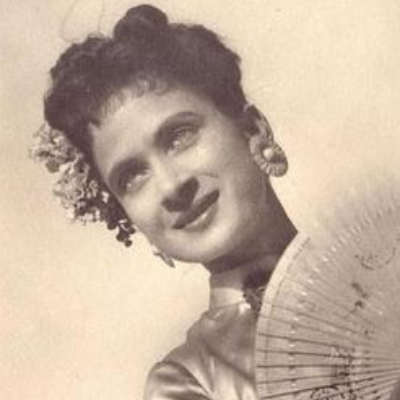
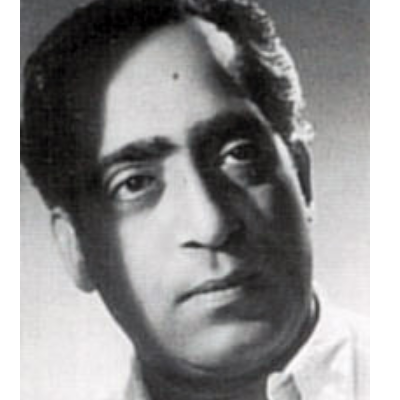
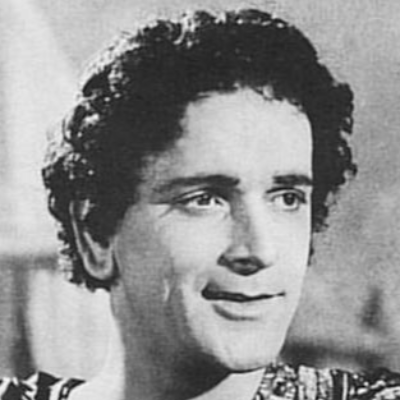
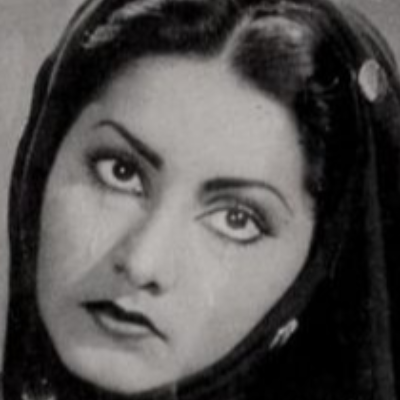
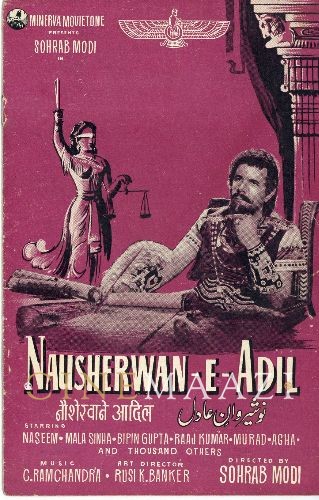



.jpg)



